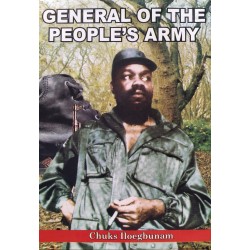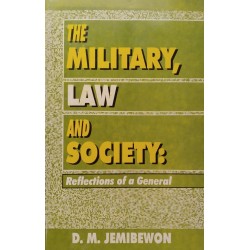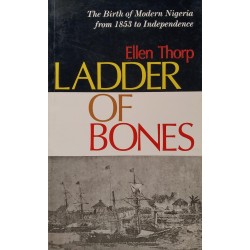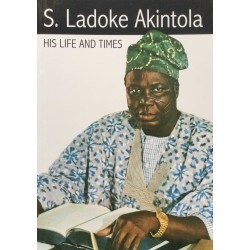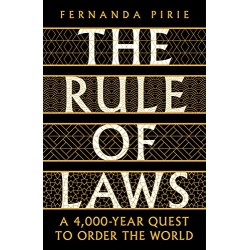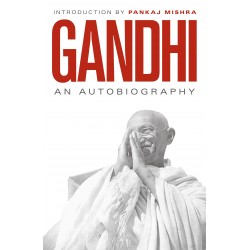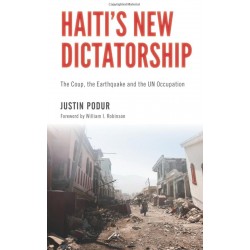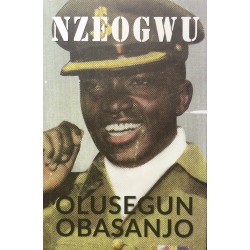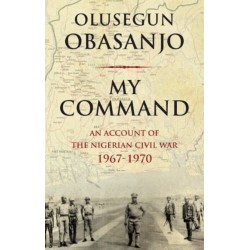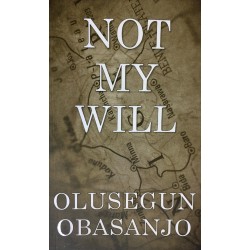No products
Prices are tax excluded
New products
-

-

-

Philosophy of African Liberation: Dismantling the Tripod Stand of Bondage in Africa
Just as doctors diagnose patients to identify the disease causing their...
₦ 3,000 -

Cases and Materials on Constitutional Law in Nigeria
The information contained in this second edition will be found useful by...
₦ 16,500 -

The Strategy and Tactics of the People’s Republic of Nigeria
The Strategy and Tactics of the People’s Republic of Nigeria is a...
₦ 7,000 -

A State Of Our Own
This engaging, thought-provoking lecture triggers crucial questions: Why...
₦ 6,000 -

Second-Class Citizen
A harrowing immigrant story of racism and domestic violence - it shook...
₦ 9,650
History There are 238 products.
General of the People's Army
General Ojukwu 'was a multi-dimensional phenomenon. Because individual effort is incapable of interpreting the legend an amalgamation of local and international voices has assembled a composite pronouncement on the man who declared the Republic of Biafra.
₦ 9,000In StockThe Military, Law and Society: Reflections...
The book is collection of speeches and lectures prepared and delivered by the author to diverse and varying audiences over a period of sixteen years.
₦ 9,550Out of stockEye of Fire: Emeka Anyaoku
It is the story of an influential international statesman who believes in consensus rather than confrontation, in persuasion rather than force, and in power of morality over corruption. Thus it is the positive view of Africa, its people, culture and place in the world through the life of Chief Emeka Anyaoku, former Commonwealth Secretary General.
₦ 6,200Out of stockLadder of Bones: The Birth of Modern...
There was not a single school in Lagos and a slave market stood in the centre of the town. Yet by 1956, thousands of happy, well dressed children greeted Queen Elizabeth as she drove through the streets of this large and prosperous town.
₦ 5,200Out of stockS. Ladoke Akintola: His Life and Times
The late Chief S.L. Akintola played a significant role in the political emancipation of Nigeria from colonial rule and in the subsequent development of the Nigerian State.
₦ 9,500In StockThe Rule of Laws: A 4000-year Quest to...
In The Rule of Laws, pioneering anthropologist Fernanda Pirie traces the development of the world's great legal systems - Chinese, Indian, Roman, and Islamic - and the innumerable smaller traditions they inspired.
₦ 12,000In StockGandhi: An Autobiography
Gandhi's autobiography tells not only of his struggles and inspirations but also speaks frankly of his failures. It is a powerful and enduring account of an extraordinary life.
₦ 14,500In StockThe Federal Republic of Nigerian Army: The...
A former general in the Nigerian army, defence attache to Zimbabwe and member of the Abacha caucus, chronicles the role played by the army in Nigerian history, from the first military coup in 1966 to Obasanjo’s accession to power in 1998.
₦ 6,500Out of stockHaiti's New Dictatorship The Coup, the...
The book charts the country's recent history, from the 2004 coup against President Aristide to the devastating 2010 earthquake, revealing a shocking story of abuse and indifference by international forces.
₦ 5,000In StockNzeogwu
Supported with personal letters and pictures, Olusegun Obasanjo, Nzeogwu’s close friend and confidant, provides a penetrating and detailed account of the life of the one of the most enigmatic names in Nigeria’s history.
₦ 8,000In StockMy Command
This book is essentially the Olusegun Obasanjo’s account of his command of the 3 Marine Commando Division and the story of the end of the Nigerian Civil War.
₦ 8,000In StockNot My Will
What follows in this book is the general direction which the military administration in Nigeria pursued from July 1975 to October 1979, a period that marked a watershed and created a significant landmark in the political and socio-economic life of Nigeria.
₦ 9,000In Stock


